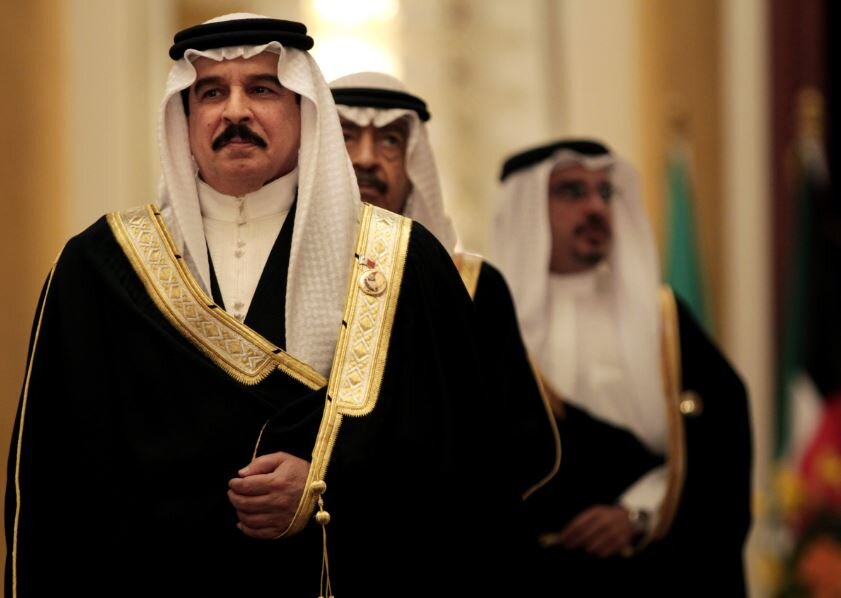Tehran – Following developments related to Operation Al-Aqsastorm, which has led to a major shift in security dynamics in West Asia, the approach and action of some Arab countries along the Persian Gulf take on a more “realistic” tone.
The strategy began with Saudi Arabia’s official efforts to strengthen security ties with Tehran, and now entered a new phase with Manama’s direct demand to restore relations with Iran.
This issue has increased its importance when examining media stories about the region over the past few months. When, to be precise, formal transitions in power began in the White House, claims that “Iran is weakening” and that “Tehran is at its weakest point” have been widely conveyed by mainstream US media and politicians on both sides. At the same time, at the European level, a story about “Iran’s efforts to obtain an atomic bomb” is being promoted by the media. One Western journalist even cited a European official who claimed that Iranian officials raised the issue in the latest talks between Iran and European countries.
In reality, there are two main pillars of the new anti-Iran puzzle that provokes Trump to his actions against Tehran. First, it portrays Iran as weak, suggesting that Iran compensates for this weakness by pursuing nuclear weapons. This scenario has been carefully staged “military action against Iran” over the past two months as a reliable option on the desk of a new US president, allowing Trump to act potentially given his unpredictable and impulsive nature.
Commented several months ago by the leaders of the Islamic Revolution, it supports this claim, highlighting that the West laid the foundation for such a scenario regardless of its success or failure. He spoke explicitly to the US president, saying, “The delusional fantasies claimed Iran was weakened. The future shows who was weakened. Saddam also attacked Iran, imagined Iran’s weakness, and provided widespread support for Saddam’s regime.
In this context, Bahrainian officials aim to properly understand the actual development of West Asia and utilize regional capabilities for collective security, striving to normalize bilateral relations with Tehran while preventing foreign military adventurism towards Iran in the region. Given that Bahrain hosts the largest US military base in the region, Manama’s declaration can be seen as a very positive step towards stabilizing security in West Asia.
Certainly, Bahrain has accurately grasped Iran’s power and understood the behind-the-scenes depictions of Iran’s weaknesses, and the Al-Aqsa post-storm storm has been caught in security engagement with Tehran.
This model, which successfully achieved escalating tensions between Tehran and Riyadh during the Saudi-led Union War in Yemen, could also encourage dialogue between Tehran and Washington.
Private conversations between Mohammed bin Salman and Seyd Abbas Araguchi sent a clear message to other regional states using military bases in certain Arab countries with potential consequences with potential US consequences.

